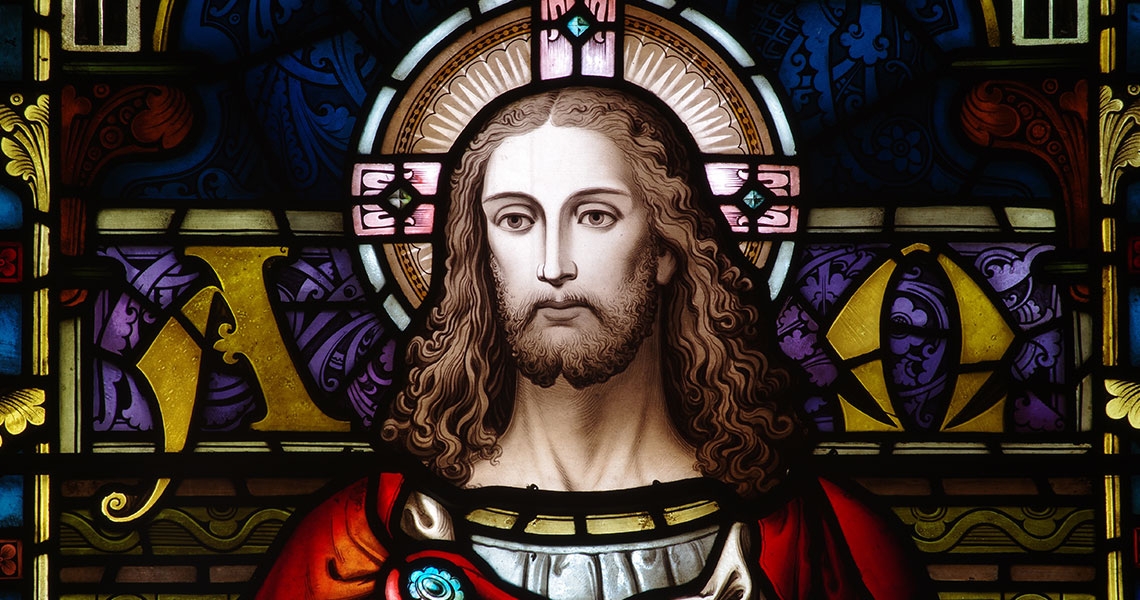Undivided loyalty to God also entails… undividedness towards the neighbor.
In a previous blog on Gerhard Lohfink and the Sermon on the Mount I suggested that wholeness — whole and undivided faithfulness in relationship to the God of Israel, YHWH — not only is the background against which to understand Matt 5:48, but also a sort of hermeneutical key to or the main theme of the whole Sermon. But what are the arguments for such a claim?
Let us first take a look at the claim that whole and undivided loyalty to God is the key to many statements in the Sermon.[1] It must be noted that undivided loyalty to God also entails different sorts of undividedness towards the neighbor:
- The disciples of Jesus should not live dividedly in the sense of loving some but hating others because God loves undividedly (Matt 5:43-47).
- The disciples of Jesus are divided towards their neighbor when they rightly avoid killing them but still harbor the anger and hate that lead to such killing (Matt 5:43-47). Much the same could be said about adultery and lust (Matt 5:27-28). In latter case the disciple is not undivided towards his/her spouse or his/her calling to celibacy. In both cases Jesus is calling for an undivided love.
- The disciples of Jesus should also be undivided in their search for recognition or affirmation. Their acts should be motivated by God’s affirmation only. They are not to seek recognition both from people and from God by displaying their good works in public (Matt 6:1-18).
- “No one can serve two masters… You cannot serve God and wealth.” (Matt 6:24). This is a very clear claim to exclusive worship and loyalty to the one and only God, YHWH, an undivided service.
- The disciples of Jesus are divided if they use different standards in measuring people, that is, extremely gentle towards oneself but harsh against others (Matt 7:3-5).
- The disciples of Jesus are also divided when they pray to God, their good Father who give good gifts (e.g. Matt 7:9-11), and at the same time chase after the necessities of life with enormous anxiety (Matt 6:25-34). There is a lack of undivided trust.
- The disciples of Jesus are divided if they in worship say “Lord, Lord” and then do not obey the Torah as interpreted by Jesus (Matt 7:21-23).
The conclusion of the Sermon brings out this theme quite clearly. It sounds a bit like Shema (Deut 6:4-5; cf. Matt 22:37-40). An undivided life is not only about hearing but also about doing the words of Jesus in order to be completely loyal to him in all areas of life — a whole and undivided life:
Everyone then who hears these words of mine and acts on them will be like a wise man who built his house on rock. The rain fell, the floods came, and the winds blew and beat on that house, but it did not fall, because it had been founded on rock. (Matt 7:24-25)
This is part two of a series of blogs on the Sermon on the Mount. The third blog will take up the issue of wholeness in Matt 5:48.
Notes:
[1] Lohfink, Does God Need the Church?, 276-277. See also idem., Wem gilt die Bergpredigt? Beiträge zu einer christlichen Ethik, 65-98.






